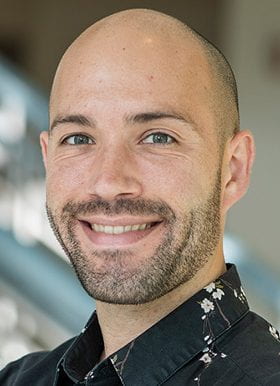
Neural circuits and mechanisms of positive and negative affect
The overall goal of my research program is to identify what neural substrates generate, modulate and coordinate positive and negative affect in the brain. Biologically, my laboratory focuses on the role of endogenous opioids in mediating affective or motivated attribution. Technologically, we use an integrative approach that combines pharmacology, genetics knockdown/knockin models, complex neuroanatomical profiling and mapping, opto- and chemogenetics, CRISPR-Cas9, wireless optical and optofluidic tool development, in vivo fiber photometry and in vivo 1-photon endoscopic imaging to pinpoint which and how anatomical, molecular, and neural circuit mechanisms contribute to opioid mediated production of affect and motivation. As pertinent to the Research Mission of the Hope Center, my research is ripe for disease model applications, especially those in which affective aberrations are especially well documented, such as depression/anhedonia in Parkinson’s patients, erratic mood swings in those diagnosed with Alzheimer’s, or deviations in valenced behavior after acute stroke or seizure episodes. By first understanding the basic biology for how these affective circuits function in healthy states, we will be able to better target and treat various neuropathologies with greater specificity. Additionally, my laboratory’s expertise in endogenous opioids provides additional opportunities to understand how opioid analgesics (e.g., morphine, fentanyl) may interfere, or perhaps even supplement, other treatments for neurological diseases. In sum, the research program have I designed for my laboratory seeks to identify what endogenous opioid biological mechanisms contribute to normal and pathological affective processing, which we accomplish by using and developing next-generation technologies for in vivo circuit neuroscience research.